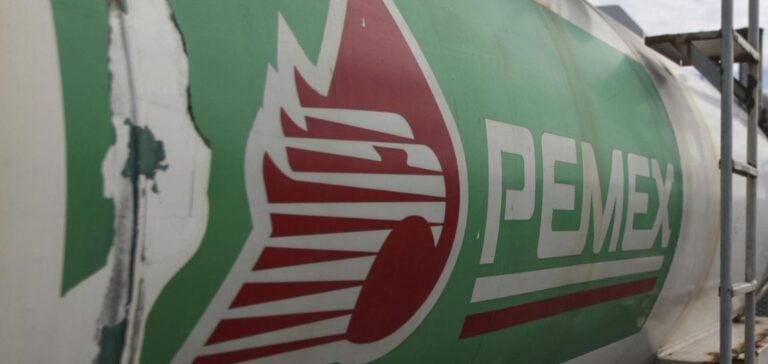The new administration of Claudia Sheinbaum Pardo, President-elect of Mexico, is focusing on revitalizing the country’s long-neglected petrochemical industry.
Sheinbaum unveils an energy plan to revitalize Petróleos Mexicanos (Pemex) and explore diversified revenue sources, including lithium mining.
Reactivation of the petrochemical industry
Under the current administration, some efforts have been made to revive fertilizer production, but these remain insufficient, according to Sheinbaum.
According to Pemex data, fertilizer production increased by 97% under President Andrés Manuel López Obrador, reaching 1.5 million tons thanks to the reactivation of urea and ammonia plants, inactive since 1999.
However, Sheinbaum believes that Pemex still has some way to go to regain its competitive edge in the global petrochemical market.
In July, Pemex signed a $1.2 billion contract with infrastructure developer Mota-Engil to build a new fertilizer plant in the state of Veracruz.
This initiative is designed to increase production capacity and meet national needs.
Lithium exploration and reducing dependence on imports
Pemex is also considering a move into lithium mining, a field the company has yet to explore.
In collaboration with LitioMx, a company created by the Mexican government after the nationalization of lithium, Pemex will explore ways of participating in this promising market.
According to the US Geologic Service, the country’s lithium reserves stand at around 1.7 million tonnes.
Sheinbaum reaffirms Pemex’s commitment to producing crude oil solely to meet the country’s refining needs, continuing the policy of reducing dependence on imported fuels instituted by the López Obrador administration.
In June, Pemex produced 1.47 million barrels per day of crude oil, 269,000 barrels per day of condensate and 4.42 billion cubic feet per day of gas.
Production targets and outlook
Pemex CEO Octavio Romero Oropeza says the company has reached its highest level of crude oil processing since the second quarter of 2016, with a capacity of 1.2 million barrels per day at its six existing refineries.
It also announces that processing capacity will reach 1.7 million barrels per day by September, when the current administration will hand over to Sheinbaum’s team.
Total fuel production is expected to approach 1.3 million barrels per day by the first quarter of 2025, including production from Pemex’s Deer Park refinery in Houston.
So far in 2024, production has averaged 757,000 barrels per day, including Deer Park.
This strategic reorientation of Pemex under the Sheinbaum era marks a significant turning point for the Mexican energy industry, promising new opportunities and substantial economic renewal for the country.






















